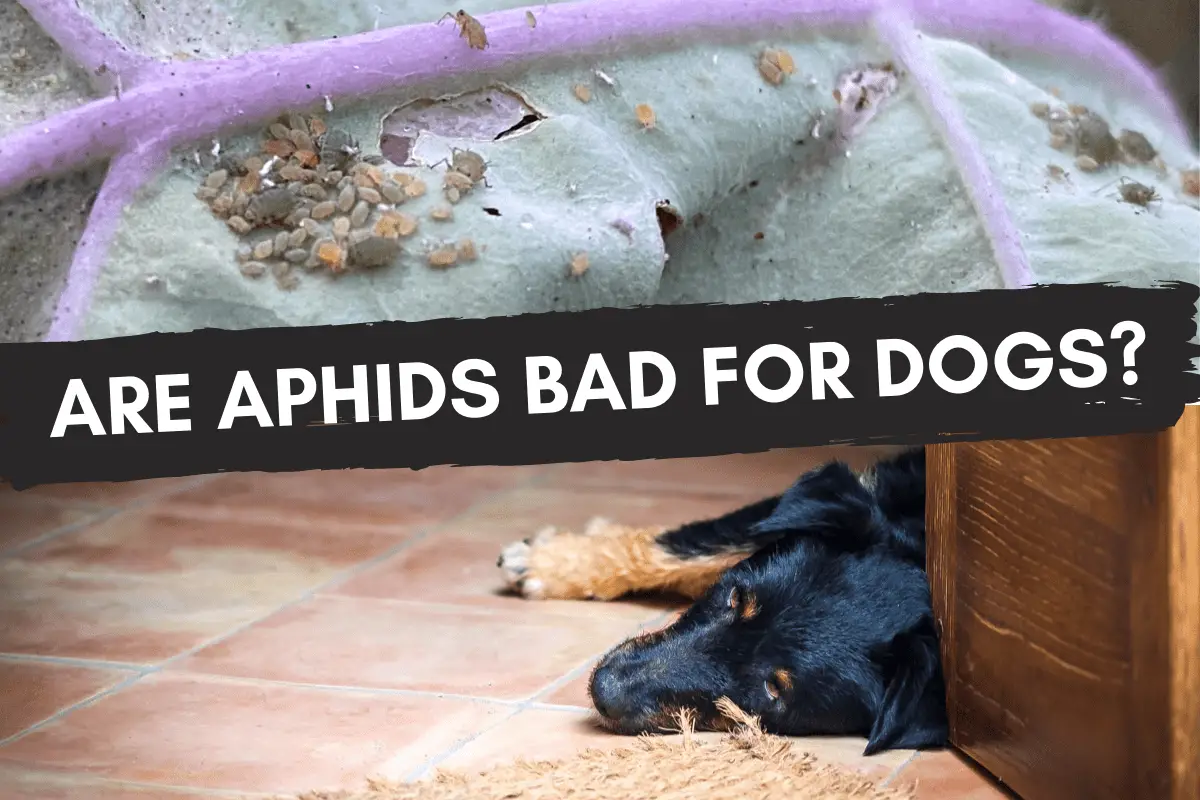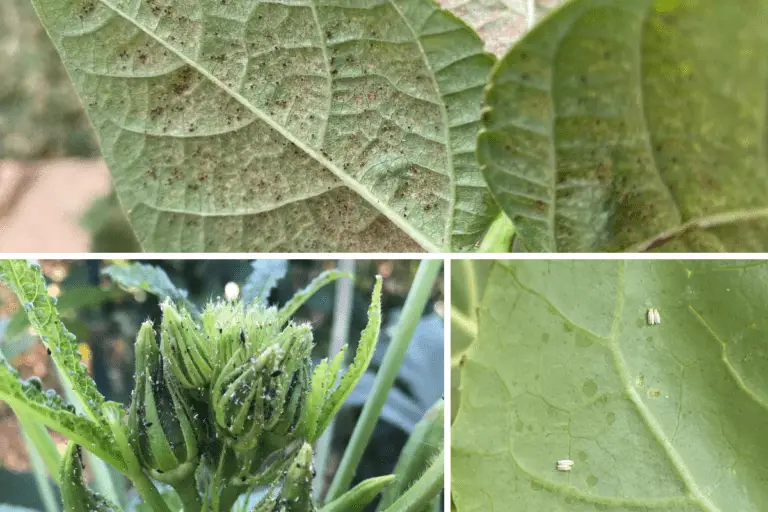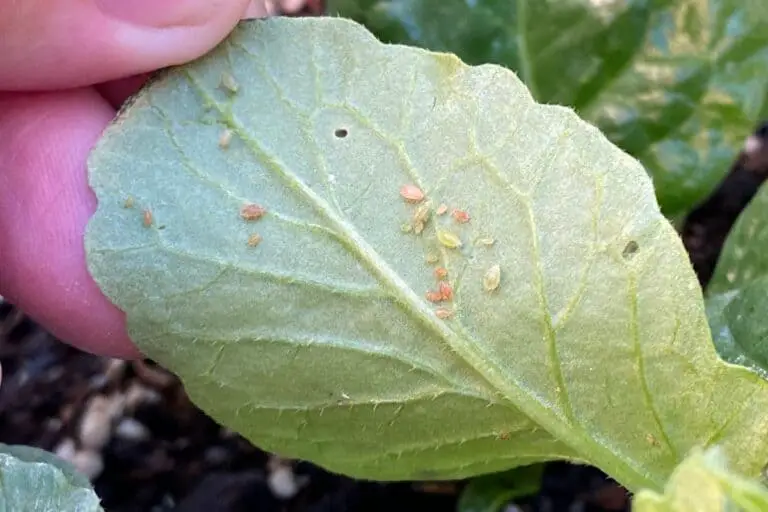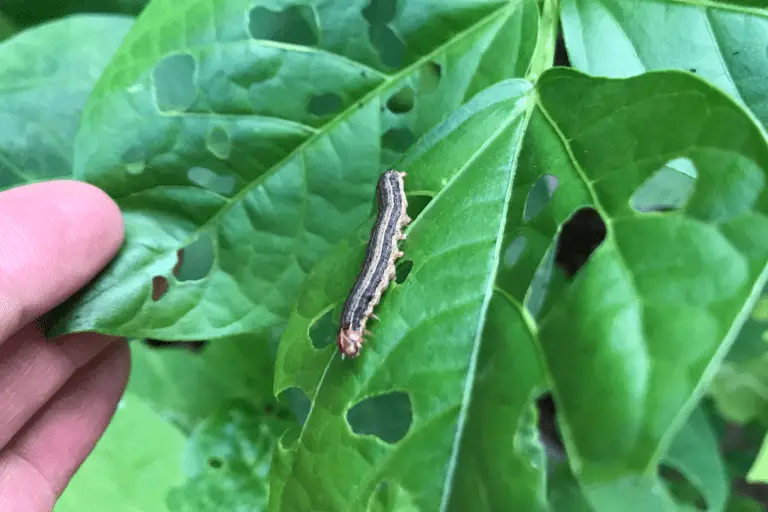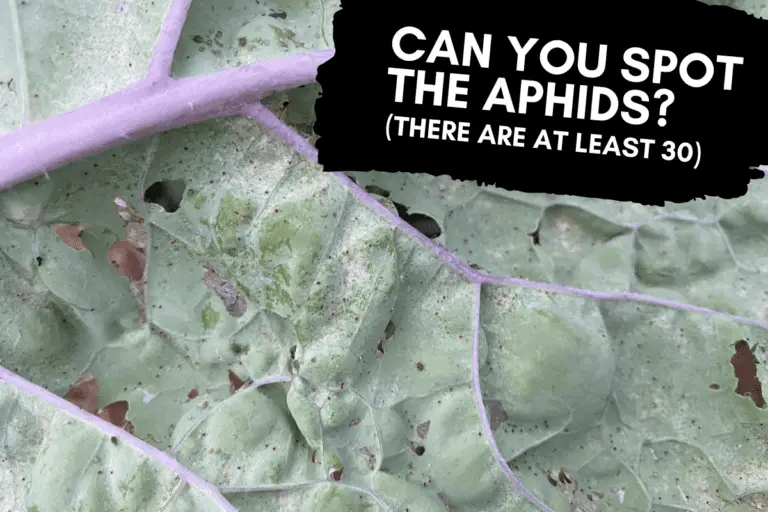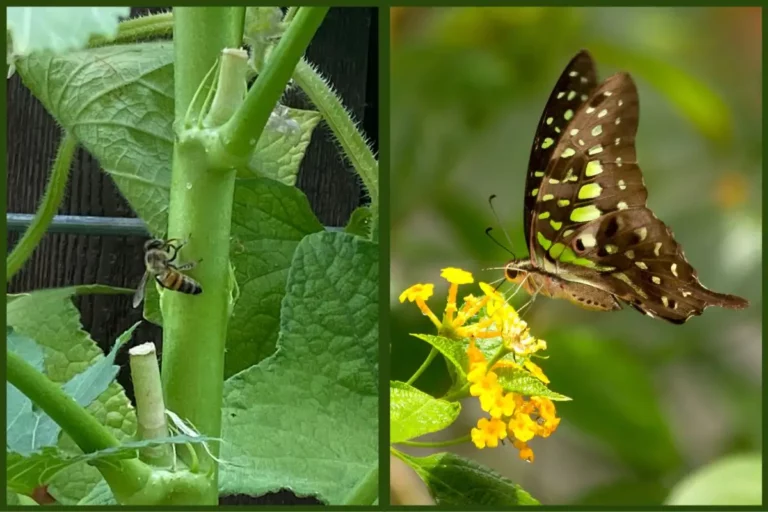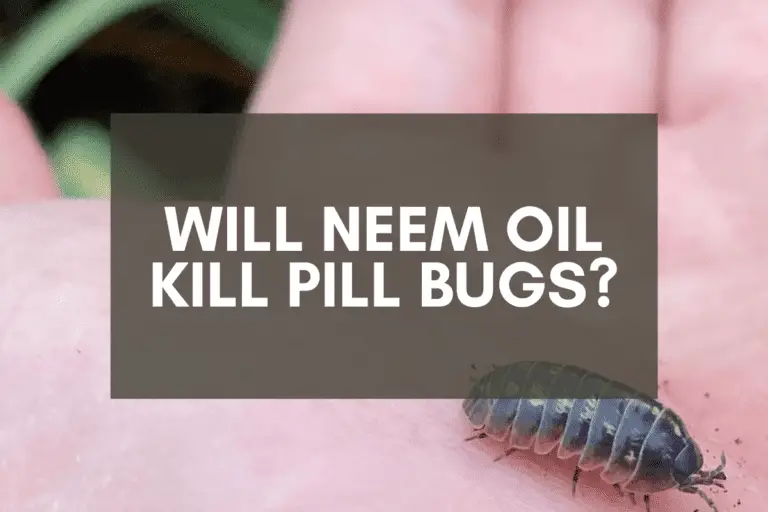Are Aphids Bad for Dogs? What Every Pet Owner Should Know
I’ve had furry friends in my house for most of my life, and they’re incredibly curious creatures. But what happens if your dog has been sniffing around aphid-infested plants. Are aphids harmful to dogs?
Unlike mosquitoes, ticks, and other harmful insects, aphids cannot harm dogs. They have piercing mouthparts (called stylets) that they use to puncture plant tissue, but they can’t bite dogs, they can’t latch onto dogs’ hair or skin, and they can’t spread disease.
But there’s some confusion when it comes to aphids and the harm they cause–including mistaken assumptions about aphids and ticks–so let’s take a look at several common misconceptions.
Can Aphids Get on Dogs?
Unlike ticks–which seek out the blood of humans, pets, and other mammals, reptiles, and birds–aphids are solely interested in seeking out organic nutrients found in plants, trees, and shrubs.
Ticks are known to “quest” in search of blood–where they cling to grass blades and leaves with a few legs while stretching the others up in the air in order to latch onto passing people or animals–but aphids don’t do any such thing.
Aphids emerge in spring and cling to plants’ flowers, buds, and foliage (typically the undersides of leaves). They will not move from their host plant unless their food source runs scarce, at which point female aphids will produce winged aphids that can fly in search of new plants.
But nowhere in this process will aphids attempt to latch onto dogs. If your furry friend happens to brush by an aphid-infested plant, the dog’s fur might unintentionally sweep up an aphid or two, but in the unlikely event that that happens, the aphids won’t survive for very long at all and can’t harm your dog.
Can Aphids Bite Dogs?
Aphids’ are known to have piercing mouthparts, but they can only pierce plant tissue, not human or animal skin. They have no interest in dogs and cannot bite them even if they wanted to do so since their stylets are purely designed to puncture plants’ epidermal layers.
In fact, I was curious to see what would happen if aphids got on my skin and decided to do a little experiment this year, which involved going out in the garden and looking for an aphid-infested kale plant that I’d been nurturing back to health. I turned over a leaf, found a small cluster of aphids that I hadn’t yet sprayed with neem oil, and carefully brushed several of them onto my finger.
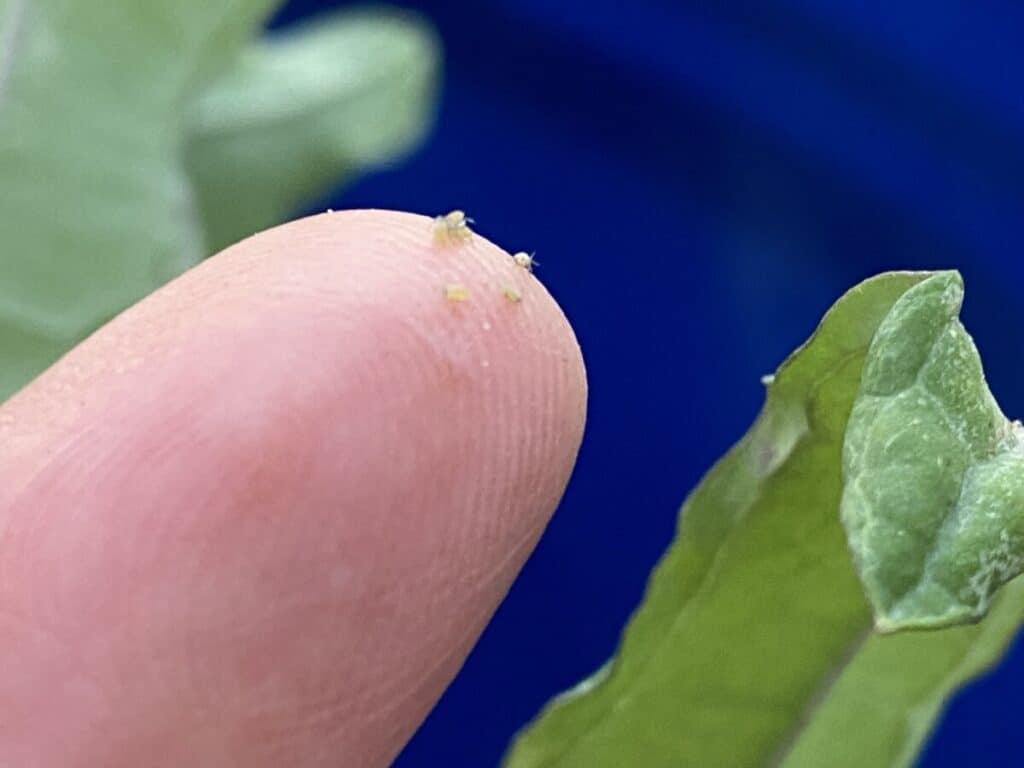
It was beautiful outside, so I just waited to see what they would do. And guess what they did?
Absolutely nothing.
Several aphids didn’t move much at all, and a couple of them wandered around my fingertip like they were confused by what had just happened. But that’s it. They were so small and so uninterested in me that I couldn’t even feel them on my skin.
The same goes for dogs and other furry friends. Aphids just aren’t interested in them, and even if they were, their stylets aren’t designed to puncture or irritate skin, just plant tissue.
Are Aphids Poisonous?
Dog owners are right to worry about certain harmful bugs (ticks and fleas in particular) and the problems they can cause. But what about aphids? There are 4,000+ species of aphids: black aphids, green aphids, white aphids, and others. Can any of them spread diseases to animals?
Aphids can transmit hundreds of plant diseases, but unlike ticks, they can’t poison or spread disease to dogs.
With one rare exception–the Ceratoglyphnia styracicola aphid, which is native only to central Taiwan–aphids can’t bite or sting, so there’s nothing to worry about if you see your furry friend sniffing around your garden.
Are Ticks Aphids?
This is a question I’ve come across on a few occasions, so I’d like to clarify several things.
Ticks and aphids are completely unrelated bugs. Ticks are parasites and members of the Arachnida class. They have 8 legs and mouthparts used to puncture skin and feed on blood. Aphids are members of the Insecta class. They have 6 legs and use their mouthparts to suck out plants’ organic nutrients.
Ticks and aphids also have completely different life cycles. Ticks go through four stages: egg, larva, nymph, and adult. But aphids have a much more complicated life cycle depending on the time of year and abundance of food, which I’ve noted in this article on where aphids come from.
In other words, it might seem like these bugs share some general similarities, but if you take a closer look at each, you’ll see that they have almost nothing in common.
Natural Pet-Safe Insecticides
When working to stop an aphid infestation, I prefer to use products that are safe for all members of my family, including the furry ones.
Here’s a list of 4 products that I’ve used in my garden during the past year:
| Neem Oil Concentrate | Verdana Neem Oil Concentrate |
| Neem Oil Ready-Made Spray | Bonide Ready-to-Use Neem Oil |
| Insecticidal Soap Spray | Safer Insect Killing Soap |
| Pyrethrin Spray | Bonide Pyrethrin Garden Insect Spray |
Of these products, the neem oil concentrate is my favorite because it’s a great pest killer, and it’s highly cost effective.
If you’ve never used neem oil concentrate, don’t worry. It’s incredibly easy to create a potent homemade neem oil spread. Please follow the instructions I’ve provided when it comes to using neem oil and check out the detailed treatment plan that I’ve created.
Both articles were written with spider mites in mind, but the neem oil spray recipe and the treatment plan are both completely appropriate when it comes to treating aphid infestations with natural products that won’t harm pets.
Can Aphids Harm Cats?
Aphids cannot harm cats. They won’t cling to cats’ fur, and they aren’t able to bite cats. They can’t spread diseases to cats, and they won’t cause any harm if swallowed.
Given aphids’ ability to cling tightly to plants’ flowers and foliage, I have a hard time believing that a cat would ever pick up an aphid on its fur. Under rare circumstances, a dog might accidentally pick up a stray aphid or two if it spent time sniffing around aphid-infested plants, but cats aren’t likely to get that close to aphid infestations.
Are Aphids Harmful to Humans?
I’ve written in great detail about whether or not aphids can harm humans, so I’ll keep this short.
Aphids cannot harm humans, except under exceptionally rare circumstances. Unike ticks, mosquitoes, or spiders, they can’t bite or cause skin irritations because their mouthparts are designed to puncture plant material, not skin. And unlike lice, they can’t live in human hair.
If you’ve unintentionally eaten aphids that were hiding on some of your veggies, there’s nothing to fear as well. They won’t cause any harm if swallowed.
Credit to Guiseppe Milo for the photo adapted for this article’s featured image.
